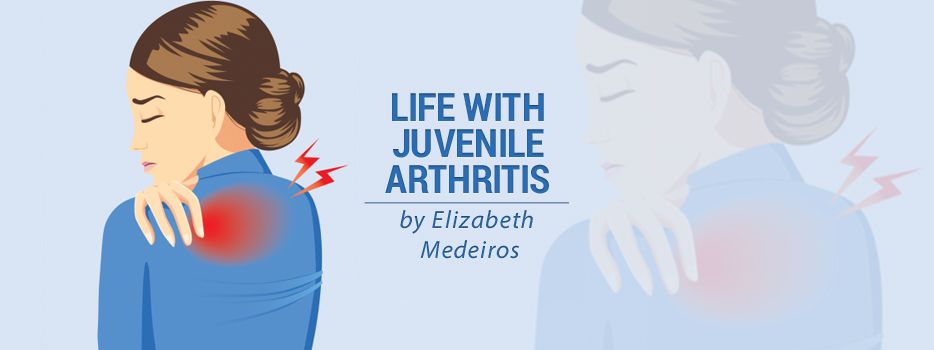Although it’s still two days away as I write this, I’m counting down the minutes until injection day. The biologic I use to control my juvenile-onset arthritis is a shot every two weeks, but in the early days, I forgot when my injection was due because I was still feeling great.
But lately, I know exactly when I’m due for another dose. I wake up with my heels aching and swollen, a symptom I haven’t experienced in years since my medicine took effect. I’m a little worried that my medicine will start to lose its effectiveness.
Biologics and how they work
Biologics have been a game changer for kids with juvenile arthritis and other diseases, such as psoriasis. These (usually) injectable medicines are genetically engineered proteins that attack specific parts of the immune system that are causing inflammation. If you live in the U.S., you likely have seen commercials for some of them on TV.
But while they’re great, some people do notice over time that their biologic loses its efficacy. Some, but not everyone, will develop antibodies that work against the medicine over time. It could happen quickly or after many years.
What happens next?
It’s really disappointing to stop responding to medicine that worked well, especially if it took a lot of trial and error to find that treatment. I will be devastated if it turns out my medicine stopped working for me, because it has drastically improved my quality of my life.
Thankfully, there are options if your child’s biologic isn’t working as well as it used to. Sometimes, the dosage or frequency of their medicine just needs to be adjusted, especially if they’re feeling pain for a few days, or even weeks, leading up to the next dose. Their doctor may also recommend pairing up their biologic with a DMARD, or disease-modifying anti-rheumatic drug, such as methotrexate. Combining the two can be extremely effective, according to studies.
Another option is switching to another biologic. While it can be disheartening to have to try a new medicine, try to stay hopeful. Since biologics are so targeted, maybe the next one will work better than the first. That actually happened for me when I went from my first biologic to my current one.
My plan of action (and patience)
For now, my doctor and I decided to stay on my current dosage and medication schedule. Since I’m only having extra pain leading up to my injection, I felt it wasn’t time to switch to a new medicine yet or even add on a new one.
I’m going to make sure I’m very strict about not forgetting my dose and delaying it by a day, and take NSAIDs when I need to relieve extra inflammation. If it keeps up like this, we’ll talk about increasing the dose or frequency. And if it gets worse, we’ll go from there. But I’m satisfied with our plan of action and feel hopeful that with some persistence and patience, this medicine will continue to provide me with relief for a long time.
***
Note: Juvenile Arthritis News is strictly a news and information website about the disease. It does not provide medical advice, diagnosis, or treatment. This content is not intended to be a substitute for professional medical advice, diagnosis, or treatment. Always seek the advice of your physician or other qualified health provider with any questions you may have regarding a medical condition. Never disregard professional medical advice or delay in seeking it because of something you have read on this website. The opinions expressed in this column are not those of Juvenile Arthritis News, or its parent company, BioNews, and are intended to spark discussion about issues pertaining to juvenile arthritis.

